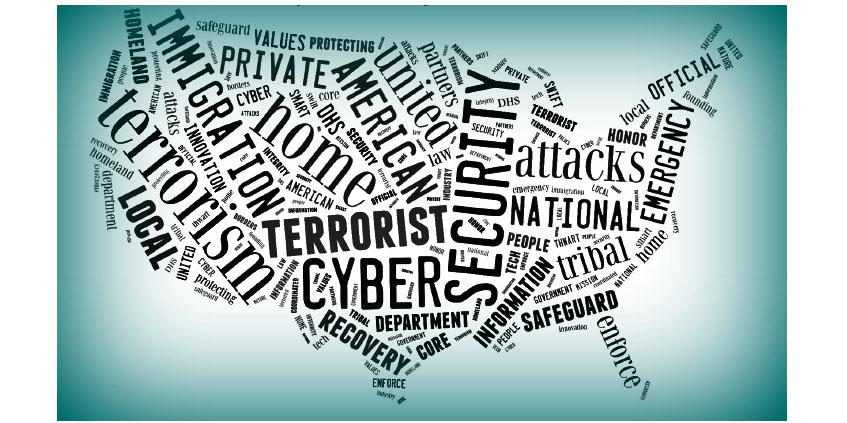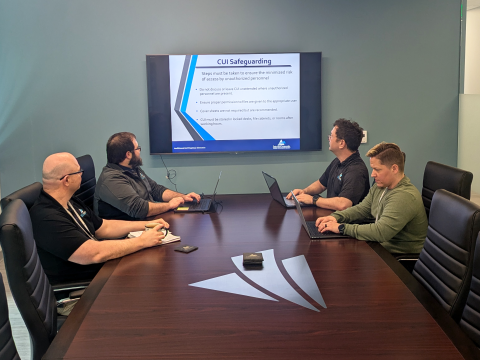Small Businesses Find Big Opportunities at DHS
Small business contracts and opportunities within the U.S. Department of Homeland Security (DHS) encompass all facets of the agency’s mission, from preventing terrorism to providing border security, managing immigration, ensuring cybersecurity and providing disaster relief. In the last fiscal year, small businesses—in the role of prime contractors—received 47 percent of all strategically sourced contracts for products and services supporting the agency, explains Carla Thomas, DHS industry liaison.
As part of her responsibilities in helping industry do business with the DHS, Thomas educates and advises vendors in a variety of areas, and she brought her insight to a recent combined meeting of the AFCEA Homeland Security and Small Business committees.
A contractor should start by understanding the core missions and needs of each agency component it is interested in, Thomas explains, adding that the contractor should target only a few at most. A company’s website and capability statement should clearly articulate key offerings, she also recommends.
When convening with a DHS official, industry representatives should know the person they are meeting with and understand that individual’s roles. This enables representatives to present the relevance of the products and services their companies offer more effectively, she suggests.
DHS procurement occurs differently depending on the uniqueness of the needs. Some buying is based on individual component requirements done through nine procurement activities. Other buying is based on common needs, and in such cases, the DHS develops strategies and buys as one agency through 78 strategic sourcing contract vehicles. The department also has a procurement process that addresses innovative products and services in an effort to advance them through the process quicker than traditional procurements.
Two examples of DHS innovation procurement are the DHS Small Business Innovation Research effort and the Silicon Valley Innovation Program.
In the last fiscal year, the department spent $16 billion, with nearly $4 billion on information technology and telecom and an additional $2.49 billion on security. Last year, the DHS awarded 21,250 contracts, of which 8,500 went to small businesses, and 17 percent of the small business contracts were first-time DHS contractors, Thomas reports.
As an agency that emphasizes its industry engagement, the DHS uses its Acquisition Innovations in Motion (AIiM) initiatives to hold a series of conversations that lead to reciprocal learning between the department and vendors of all sizes, Thomas explains.
The department strives to be the business partner of choice for industry, she says, but one size does not fit all, so the agency relies on a multitude of resources to help industry engage.
For example, Thomas reports, the Acquisition Planning Forecast System is a portal for vendors to view anticipated contract actions of more than $150,000. Federal Business Opportunities, or FedBizOpps, enables vendors to search more than 26,500 active federal opportunities, and the department posts special notices there about DHS-hosted industry events. The DHS website identifies prime contractors interested in subcontracting with small businesses, and the DHS strategic sourcing website provides information on existing departmentwide contracts and post-award teaming.
The threats are constantly evolving, so Thomas asks that industry partner with the DHS to fill its capability gaps by listening to its needs and the direction it is going. Success, according to Thomas, will be built on relationships and communications.
More information about small business education and networking can be found on the AFCEA Small Business webpage.





Comments